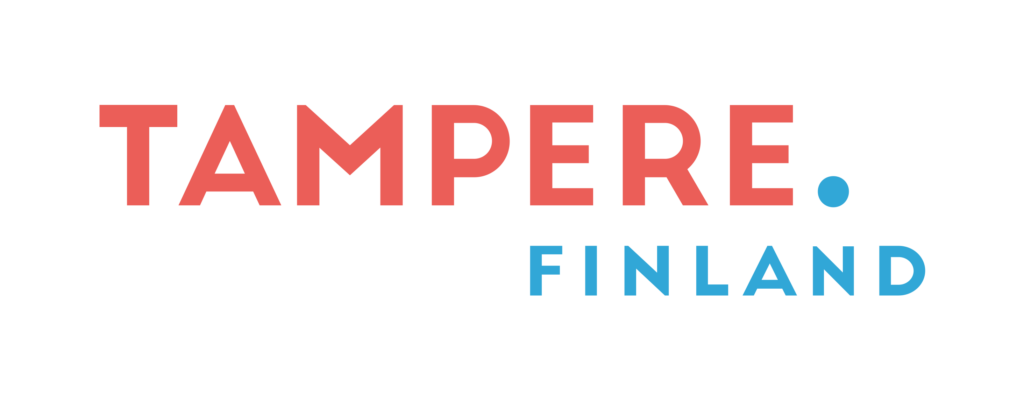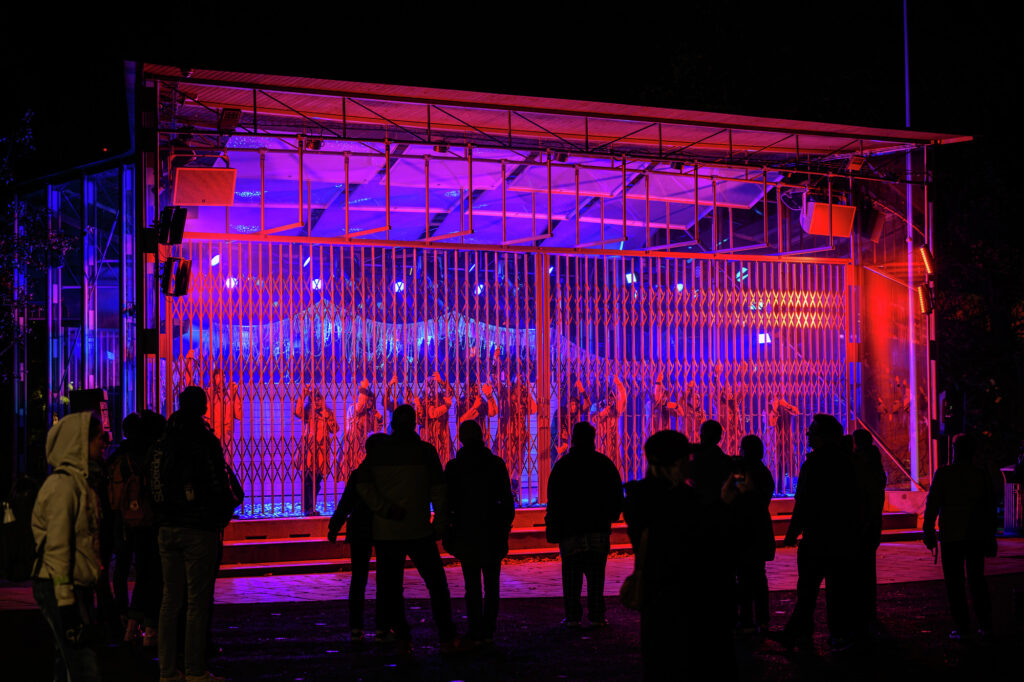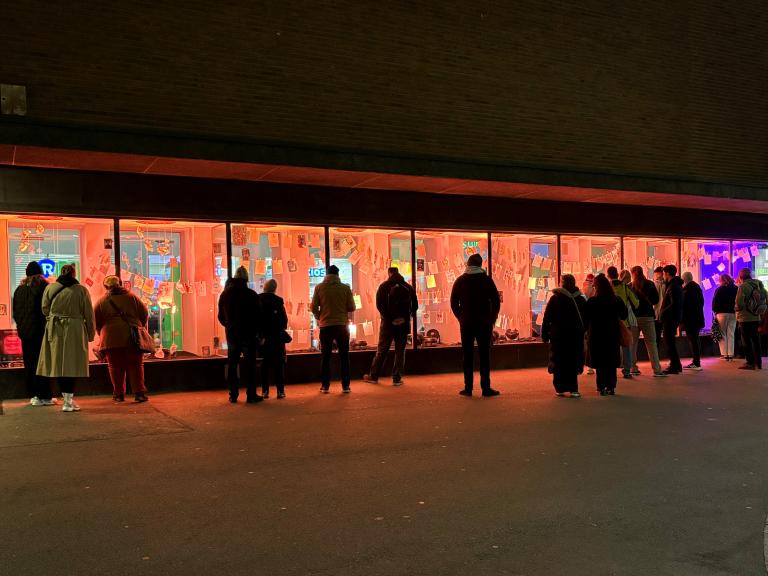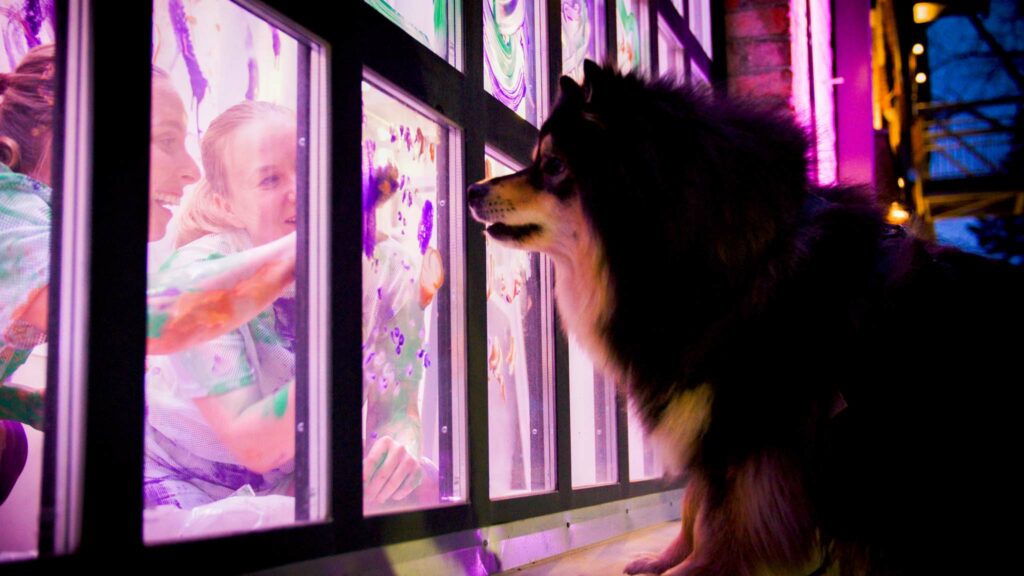Operation Pirkanmaa organizes an international seminar in Estonia with Tartu 2024 – The focus is on the role of culture in regional development
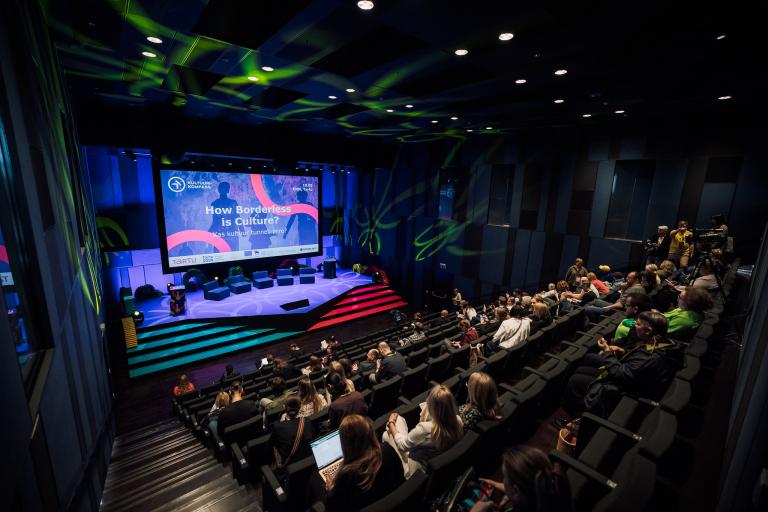
On 7th of September, the international culture forum Kultuurikompass brings together experts of creative fields from all over Europe to Valga to discuss how cultural cooperation supports regional development. On Friday, 8th of September the participants will discuss the legacy of the European Capital of Culture (ECoC) processes in the city of Tartu, which will celebrate the title in 2024. Tartu and Tampere are also twin cities since 1992.
Twenty municipalities from Tampere Region (a.k.a. Pirkanmaa) jointly applied for the European Capital of Culture year 2026 for the region. The competition was won by Oulu 2026, but despite that, Tampere26 network was determined to make use of the development work that was done during the bid. On the basis of the Tampere26 application and with the cooperation of 20 municipalities, a three-year cultural development project, Operation Pirkanmaa, was created. The project will run from 2022 to 2024. Thanks to this “Plan B”, Operation Pirkanmaa forms a significant regional network for developing culture, also without the official ECoC title.
Operation Pirkanmaa has created its own cultural program based on the Tampere26 bid. Project has continued to develop the municipal network and also mounted up capacity building activities in the region. In addition, one focus is on the promotion of international cultural activities.
This is why Operation Pirkanmaa is now organizing a joint seminar with the Tartu 2024 on the impact of culture on regional development.
“Operating in the network of the European Capitals of Culture is easy for us due to our participation in the bidding process. With many partners, such as Oulu 2026 and Tartu 2024, we share a common desire to develop regions with culture,” says Operation Pirkanmaa’s project manager Ilona Kyykoski.
The municipalities and regions located around big cities offer a distinctive culture and sense of community, which is not always found in cities.
“Cultural tourism can also be promoted due to this diversity. In the seminar, we also examine the possibilities for international activities in the rural areas, Kyykoski added.
Cultural ecosystems as drivers for the regional development
On 7th of September, the European experts on regional cultural work arrive in Valga, which situated in the border of Estonia and Latvia. The main question of the first day of the seminar is how does cultural cooperation lead to regional development? The participants will explore how to create cultural ecosystems that move regions forward. Valga is one of the 20 partner municipalities of the Tartu 2024. A total of 260,000 inhabitants live in the region of Tartu 2024 in the South Estonia, out of which about 95,000 live in the city of Tartu.
According to Annela Laaneots, the Southern Estonia Coordinator of Tartu 2024, people think often about regional policy or economic and social issues when thinking about the development of rural areas. But culture also has a great ability to give meaning to people’s lives, and that is why it is an important part of regional development.
“Let us find out together what are the successes of the previous European Capitals of Culture. And furthermore, we need to examine what are the failures and lessons learned, so that cultural cooperation can succeed and truly help the growth of the regions,” says Laaneots.
On the next day, September 8, Kultuurikompass discussions on culture-driven development will continue in Tartu, where a seminar will be conducted to exchange experiences of regional collaboration between European Capitals of Culture. Regional cooperation leaders from Kaunas 2022, Tartu 2024, Bodø 2024, Aarhus 2017 and Operation Pirkanmaa will join the discussions.
The speakers of the Kultuurikompass event:
Lene Øster (Aarhus 2017, Denmark), Lukas Alsys (Kaunas 2022, Lithuania), Anna Szalay (Culture Bank, Finland), Antti Sorri (Park Philosophy, Finland), Sini-Mari Lepistö (Culture Up, Finland), Annamaija Saarela (G Livelab Tampere, Finland), Triinu Laan (Tartu World University, Estonia), Laura Arikka (Timeout Dialogue, Finland), Elin Priks (Sauna year, Estonia), Jiri Tintera (Valga municipality, Estonia), Sarah Caron (Esch 2022, Luxembourg), Maria Hernes Bær (Bodø 2024, Norway), Ilona Kyykoski (Operation Pirkanmaa, Finland), Annela Laaneots (Tartu 2024, Estonia), Henri Turunen (Oulu 2026, Finland) and Timo Soppela (Oulu 2026 project, Finland).
Kultuurikompass is organised by European Capital of Culture Tartu 2024 and the cultural development project Operation Pirkanmaa. The first Kultuurikompass forum was held in January 2019.

